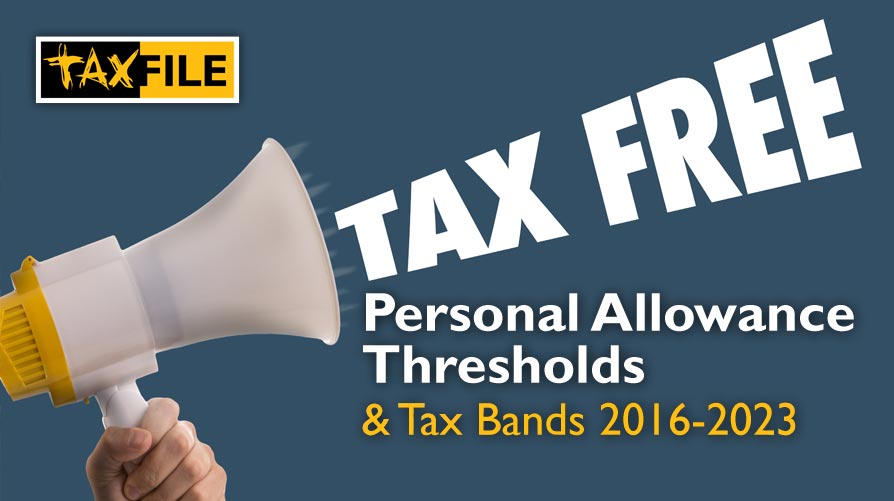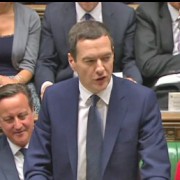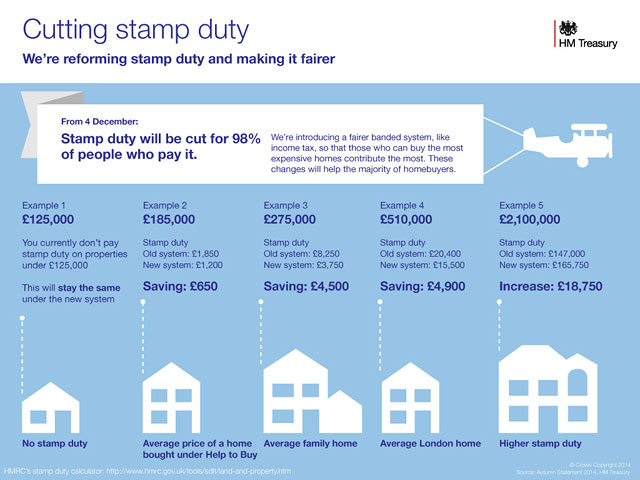Tax-Free Personal Allowance Thresholds & Tax Bands (2022/23 to 2016/17)

Today we look at the tax-free allowance thresholds for what’s officially known as the tax-free Personal Allowance in the tax and accountancy world.
The Tax-Free Personal Allowance
This is the amount a UK individual can earn as income before they have to pay any Income Tax. In the current tax year (6 April 2022 to 5 April 2023) individuals can earn up to £12,570 before they have to start paying Income Tax, as you’ll see in the first table. In other words, if their taxable income is two thousand pounds more than that, they’ll only have to pay income tax on the extra £2000, not the core £12,570. There are exceptions, and different rules applied before 2016/17, but our aim is to keep things simple in this guide rather than focusing on more rare exceptions. So, below, we show the Personal Allowance thresholds for tax-free income over the last 7 tax years. As you will see, the Tax-Free Personal Allowance has gradually increased over the years.
Tax Bands for Basic Rate, Higher Rate and Additional Rate Taxpayers
The tables also show the various tax bands for earnings above the Personal Allowance threshold. These are the Basic Rate, Higher Rate and Additional Rate income tax bands, with tax rates increasing the more people earn. The information might be useful if you owe income tax from previous years but bear in mind that anyone born prior to 6 April 1948 may be entitled to a larger Personal Allowance.
Please note: this guide focuses only on Income Tax. Taxpayers will also need to allow for other deductions like National Insurance, which we’ll cover in a separate guide, and things like pension contributions, any student loan interest repayments, any tax on dividends, and so on.
Tax-Free Allowance Thresholds 2022/23
| For the tax year 6 Apr 2022 to 5 Apr 2023: |
|---|
| The first £12,570 (your Personal Allowance) is tax-free* |
| Earnings between £12,571 and £50,270 are taxed at 20% (‘Basic Rate’ income tax) |
| Earnings between £50,271 and £150,000 are taxed at 40% (‘Higher Rate’ income tax) |
| Earnings over £150,000 are taxed at 45% (‘Additional Rate’ income tax) |
* For every £2 earned above £100,000, the Personal Allowance is reduced by £1. It therefore reduces to zero for earnings of £125,140 or more.
Tax-Free Allowance Thresholds 2021/22
| For the tax year 6 Apr 2021 to 5 Apr 2022: |
|---|
| The first £12,570 (your Personal Allowance) is tax-free* |
| ‘Basic Rate’ earnings between £12,571 and £50,270 are taxed at 20% |
| ‘Higher Rate’ earnings between £50,271 and £150,000 are taxed at 40% |
| ‘Additional Rate’ earnings over £150,000 are taxed at 45% |
* For every £2 earned above £100,000, the Personal Allowance is reduced by £1. It therefore reduces to zero for earnings of £125,140 or more.
Tax-Free Allowance Thresholds 2020/21
| For the tax year 6 Apr 2020 to 5 Apr 2021: |
|---|
| The first £12,500 (your Personal Allowance) is tax-free* |
| ‘Basic Rate’ earnings between £12,501 and £50,000 are taxed at 20% |
| ‘Higher Rate’ earnings between £50,001 and £150,000 are taxed at 40% |
| ‘Additional Rate’ earnings over £150,000 are taxed at 45% |
* For every £2 earned above £100,000, the Personal Allowance is reduced by £1. It therefore reduces to zero for earnings of £125,000 or more.




